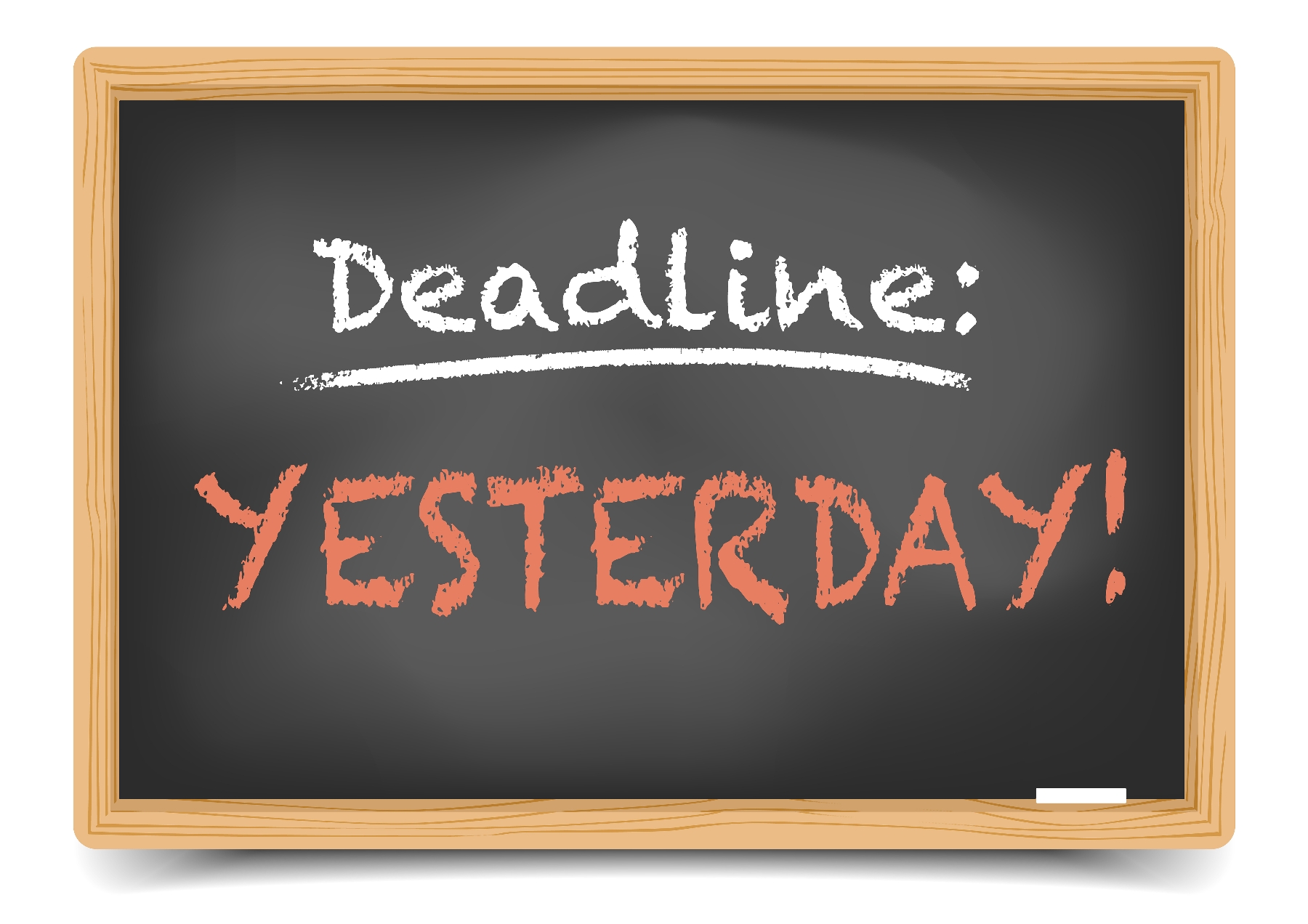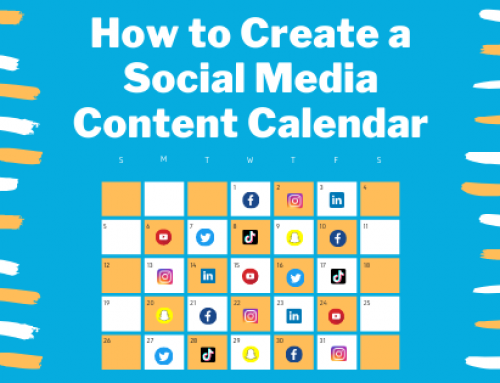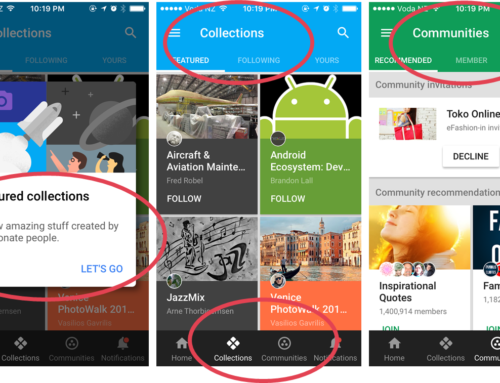Yesterday was an unproductive day in my world. For someone that gets a lot done I am looking back and realising that hardly anything got done that I had planned for the day. I had woken up, did the usual cleaning routine, gotten dressed and when I looked again it was dinner time. Where had the day gone? Yes, I had been to three appointments, one for my chiropractor. So I am taking care of myself which I know is good. The other two appointments, well one is somewhat of a blur, the other a potential future business deal.
Why was that appointment a blur? Oh yes! Now I remember. It was one of those meetings where the person is trying to syphon the life out of you (well not really the life but your intellectual information) and will never pay for your services. I have a gauge on these but obviously this time I either never implemented it or it never worked.
Now for the rest of the day – well I really didn’t get done what needed to be done. My head had gone into creative mode and I was thinking about all the things that could happen if this happened or that happened. You see, like most people, there are times when I procrastinate. Over the years I have built strategies to help me overcome these. As you can see from my day, unless you take action, strategies don’t work.
Here are 5 key strategies to help you stay focused and avoid procrastination.
1. An actions list of three things that must be done by the end of the day
Now I am not talking about a to-do list here. We all know that the to do lists get longer and longer and never get done (although having a place to dump your thoughts is not a bad idea). I’m talking about planning for three things that have to be done at all costs by the end of your working day. These things could have a number of actions to them.
Be realistic about these three things – you can’t complete a project in a day, unless it is small, but you can complete a section of the project in a day.
Two of these things need to be major and one not so big but could have a significant impact. Like book my car in for a service. Once these are complete, carry on with the rest of your day. You will be surprised at how much you can accomplish in a week by doing this.
2. Use a timer
Unusual I know but I have found using a timer can make a significant difference on what gets done and the energy levels to sustain what needs to be done.
I use my apple iPhone to set my timer and I generally work in ½ hour spurts and then take a 5 or 10 minute break. The focus in those 30 minute sessions far outweigh trying to slog it for 2 hours on end and finding that you had lost concentration half way through and whatever you did was not as effective as it could have been.
There is something to be said for taking the breaks – especially if like most of us you are working in front of a computer for most of the day. Stand up, stretch, focus your eyes on something in the distance. Even switching to another mundane task for 10 minutes and coming back to your bigger task can make a huge difference to getting it done.
Many people may say that if you calculate the breaks e.g. 7.5 hours (1/2 deducted for lunch) – that is 15 mini breaks at 5 minutes each – whew so that works out to 75 minutes. A lot of time wasted you may say but there is a lot research that shows that people cannot sustain a full day’s work continuously and burn out happens quickly if you continue pushing yourself too hard. Heck even Sweden is currently experimenting with 6 hour work days (http://www.theguardian.com/world/2015/sep/17/efficiency-up-turnover-down-sweden-experiments-with-six-hour-working-day)
3. Plan your diary for all time required.
How many of us book an appointment in our diaries and never account for the preparation and travel time and work time for actions from the meeting? I know I used to be guilty. If you don’t do this, you are underestimating the amount of time you have in your day to get things done. And then you wonder where the time has gone.
4. Meetings should meet your key business objectives or don’t do them.
I started this article stating that I had been to three meetings, the reality is that with the travel between meetings I started my day at 9:30 am for my first meeting at 10:00 am and ended the meetings at 3:30 pm when I arrived back at the office.
Ask whether meetings meet one of your key business objectives?
There is a lot of information around about your key business objectives and ours are set at the beginning of the Financial year and measured every quarter for progress. They are also discussed in every meeting.
Just because you are a solopreneur, does not mean this this does not work for you. Knowing your key objectives and working towards them will drive your business forward.
But how does this relate then to meetings? Or anything that I undertake for that matter.
Here are my three key objectives.
1. Increase sales by 20% and earn an average of xxxx each month.
2. Networking initiatives both online and offline to create awareness and increase database by 10% month on month
3. Improve processes and document these. The three key processes for 2015 are xxxxx.
You can see that they are SMART goals. If you want to learn more about goal setting you can watch this YouTube video
So coming back to meetings, I always ask – whether this is in my head or verbally –
- What is the purpose of this meeting?
- How can it further one of my key objectives?
If it can’t meet the above criteria, I don’t take on the meeting. Trust me, I had many a coffee meeting that ended up being coffee meetings. I was coffeed out (if there is such a word), with no business to show for it and a huge coffee bill.
5. Listen to your body and take time out for you.
Whether you work in your own business or in corporate, the human body cannot sustain hours and hours of working without eventually reacting. No matter how amazing you are or how strong your mind is, it will start giving you signals. Ignore them at your own peril.
I know this from my own experience. I have worked in both corporate and my own business and I’m getting a lot better at it but I still struggle as I push to get things done.
In corporate, I was working weekends, nights and I eventually had burnout and fatigue. I started making stupid mistakes. My energy levels dropped. I felt like my head was going to explode and no one but me knew what was going on. I decided to leave and it took me three months to recuperate. Other people aren’t so lucky.
The 5 steps in a nutshell:
- Have an actions list of 3 things to get done today
- Use a Timer
- Plan your diary for everything not just the meeting
- Meetings should meet one of your key business objectives
- Listen to your body and take time out.
Remember I am sharing my views and what works for me. Everyone is different and you need to work out your own system. I would love to hear what has worked for you. Please feel free to comment and share your views.
ps: If you would like one of these opt-in forms contact us. The cost for one of these is NZD $50.00. info@theonlineacademy.co.nz







Leave A Comment